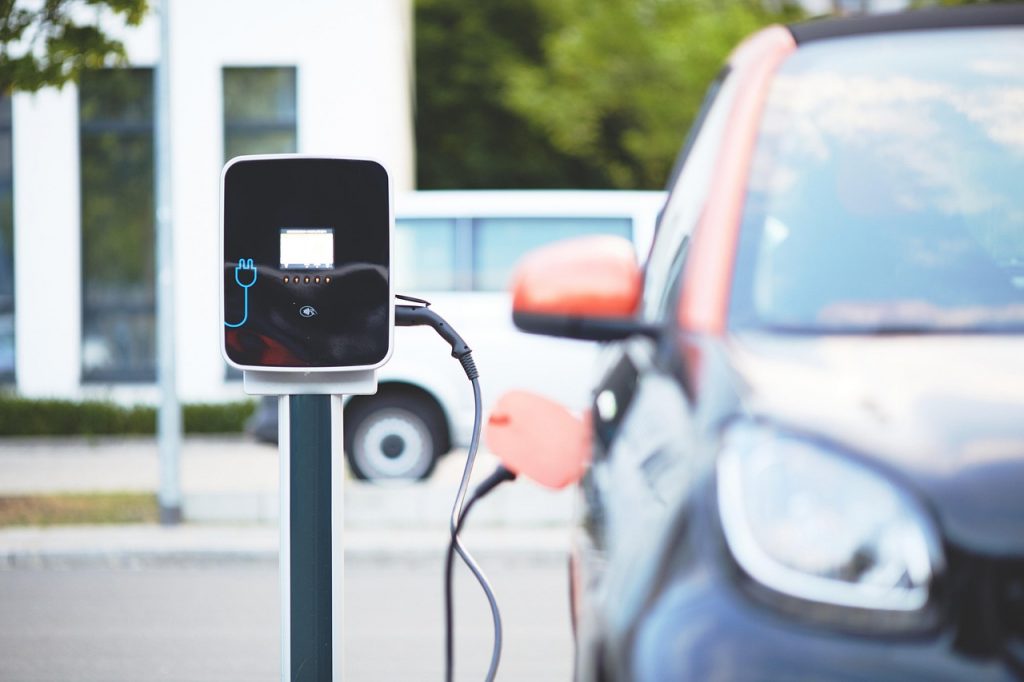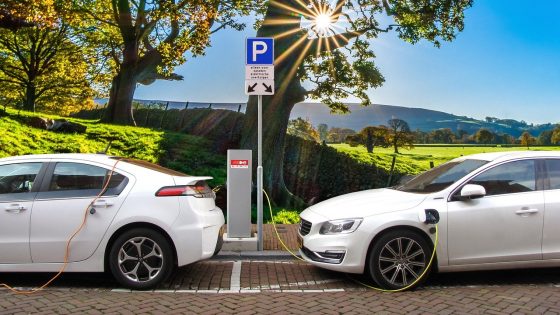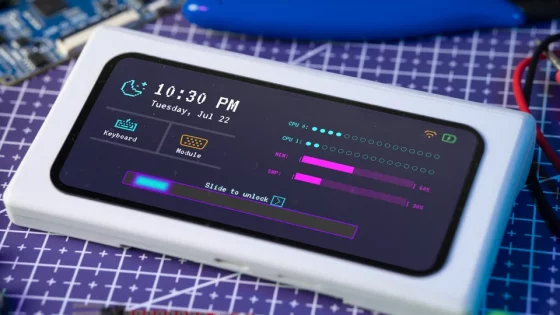Chinese scientists develop solid lithium batteries with a range of over 1,000 km

Chinese researchers have recently made a major breakthrough in solid-state lithium batteries, which promise to revolutionize electric mobility. The new technology enables electric vehicles to travel over 1,000 km on a single charge, exceeding the typical range of gasoline cars (600 to 800 km).
The main obstacle so far has been the poor bonding between the solid electrolyte and the soft lithium metal electrodes. Sulfide electrolytes are brittle like ceramics, while the electrodes are soft like clay, leading to uneven contact and poor performance.
Three key innovations have now solved this problem: iodine ions as a “self-healing glue” that fills the gaps between the electrolyte and the electrode; a polymer skeleton that makes the battery flexible and can withstand more than 20,000 bends, while increasing capacity by 86 percent; and Fluorinated polyethers that form a protective layer and enable safe operation at 120 °C and resistance to mechanical damage.
This breakthrough could make it possible to drive between Paris and Milan or back from Los Angeles to San Francisco without recharging. These batteries could mean the end of the “fear of range” and the beginning of a new era of electric vehicles.




























